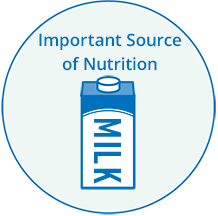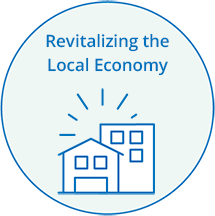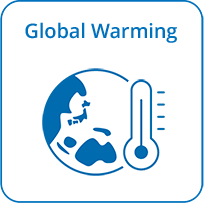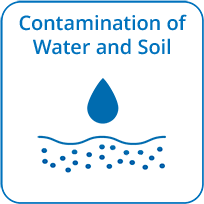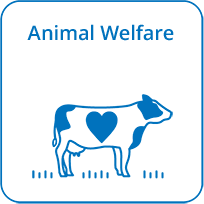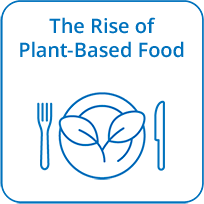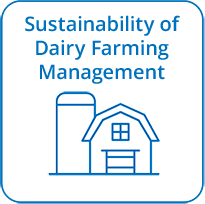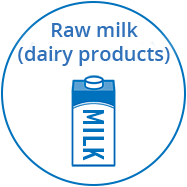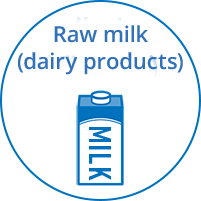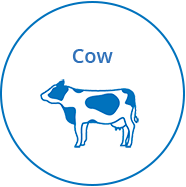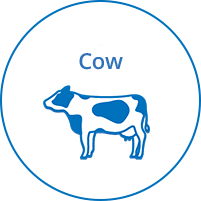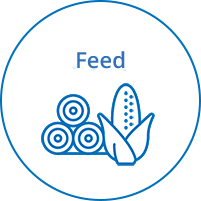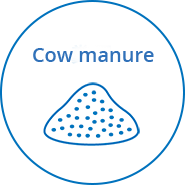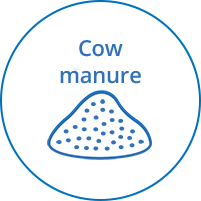
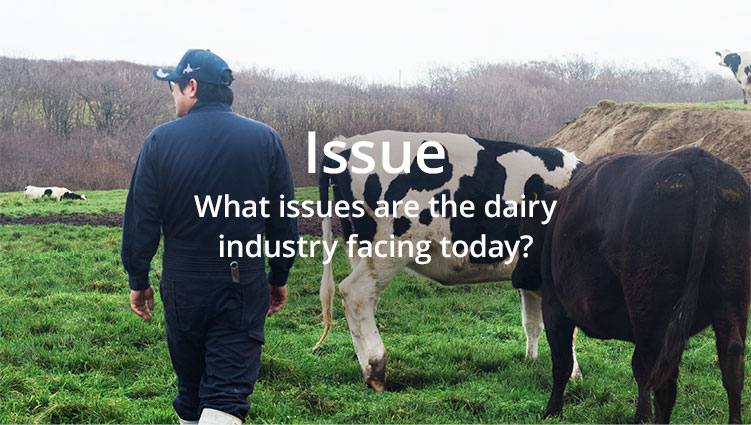
-
Contribution and Issues
Recognizing the Issues Facing Dairy Farming and Thinking about the Future -
The milk we drink every day is breast milk produced by mother cows to feed their calves.
We are blessed with what the cows have converted into a rich source of nutrients by eating grass.
Without that process, humans would not be able to take grass as a source of nutrition.
Dairy farming also makes a significant contribution to local communities.
However, there are also some issues we must face.
By facing each aspect of contributions and issues, Meiji will promote various initiatives for the sustainable future of dairy farming.
-
Dairy farming not only produces nutritious raw milk, but also creates many jobs and contributes to the local economy.
At the same time, there are issues such as the impact on global warming of methane emitted by cows, environmental pollution by cattle manure, human rights of people involved in dairy farming, and animal welfare.
In addition, we recognize the need to add more value to milk to counter the growing demand for plant-based foods.
Meiji will work on fundamental solutions to various issues. -
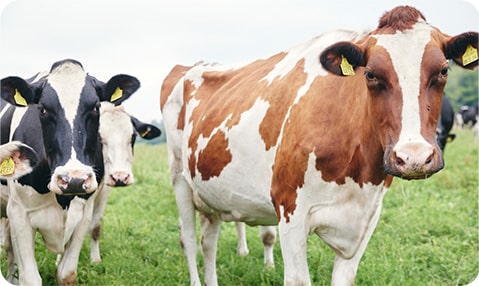
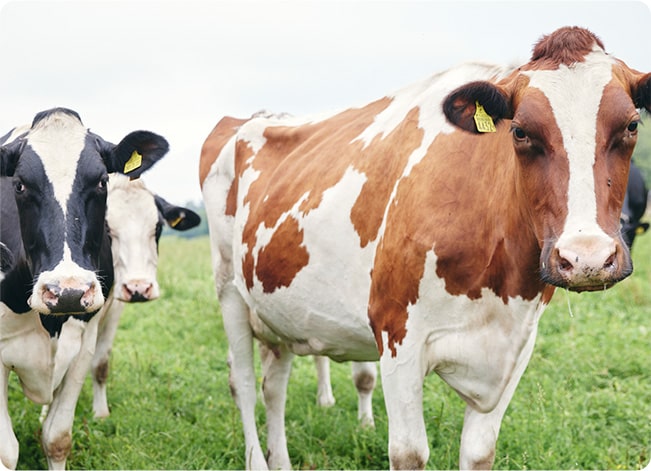
Value created by dairy farming
Issues in dairy farming
Circulation mechanism in dairy farming


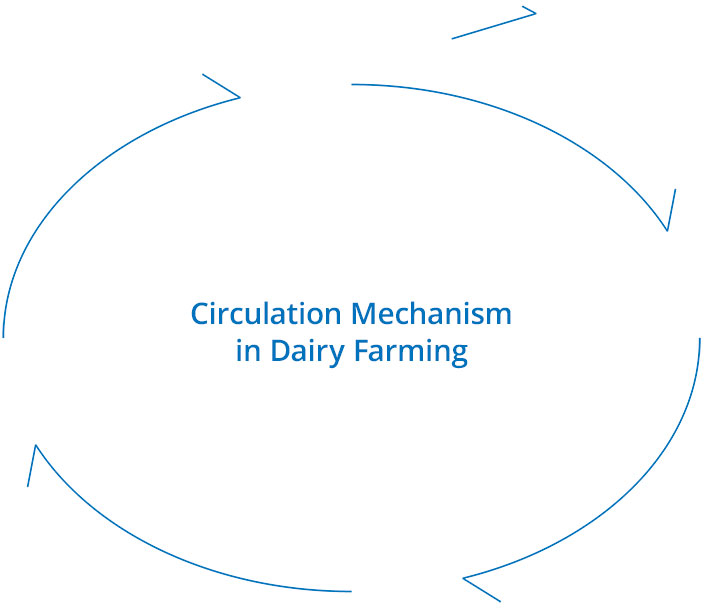
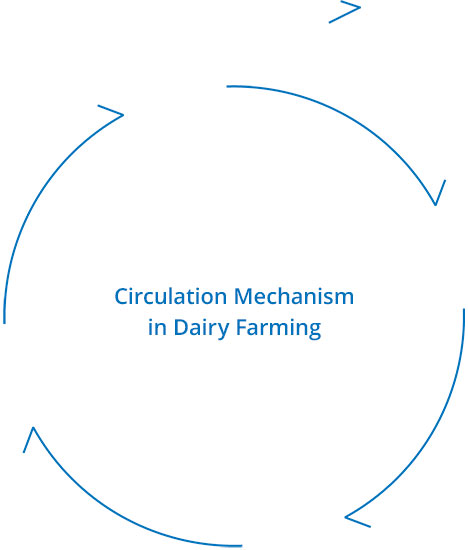
- Raw milk (dairy products)
-

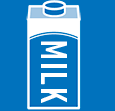
- Contribution
-
- Providing rare and important nutrients including 3 of the 5 essential nutrients (proteins, vitamins, and minerals)
- Providing high-quality proteins rich in essential amino acids
- Cow
-

- Contribution
-
- Converting grass into human nutritional sources
- Issue
-
- Greenhouse gas (GHG) emissions from cow belching and manure
- Response to animal welfare
The idea is to aim for a breeding method that allows animals to live a healthy life with as little stress as possible from birth to death.
- Feed
-

- Contribution
-
- CO2 absorption (fixation) by plants such as pasture and corn
- Effective use of food residues such as starch lees and soy sauce lees
- Issue
-
- Greenhouse gas (GHG) emissions during feed production
- Emissions of greenhouse gases (GHG) related to the transportation of imported feed
- Water pollution caused by chemical fertilizers
- Cow manure
-

- Contribution
-
- Reduction of chemical fertilizer use by using compost
- Use for biogas power generation (creation of renewable energy)
- Support for field farming by providing compost to neighboring farmers
- Issue
-
- Emissions of greenhouse gases (GHG) from manure
- Environmental pollution such as water pollution and odor caused by manure
- Local communities
-

- Contribution
-
- Development of local economies through job creation (coexistence with local communities)
- Effective use of land and cold regions unsuitable for cultivation
- Training the next generation through dairy farming education
- Issue
-
- Human rights issues caused by harsh working conditions, such as long hours from early morning
- Proper treatment of foreign workers
- Shortages of successor and labor
- Local communitie
-

- Contribution
-
- Development of local economies through job creation (coexistence with local communities)
- Effective use of land and cold regions unsuitable for cultivation
- Training the next generation through dairy farming education
- Issue
-
- Human rights issues caused by harsh working conditions, such as long hours from early morning
- Proper treatment of foreign workers
- Shortages of successor and labor
- Cow
-

- Contribution
-
- Converting grass into human nutritional sources
- Issue
-
- Greenhouse gas (GHG) emissions from cow belching and manure
- Response to animal welfare
The idea is to aim for a breeding method that allows animals to live a healthy life with as little stress as possible from birth to death.
- Feed
-

- Contribution
-
- CO2 absorption (fixation) by plants such as pasture and corn
- Effective use of food residues such as starch lees and soy sauce lees
- Issue
-
- Greenhouse gas (GHG) emissions during feed production
- Emissions of greenhouse gases (GHG) related to the transportation of imported feed
- Water pollution caused by chemical fertilizers
- Cow manure
-

- Contribution
-
- Reduction of chemical fertilizer use by using compost
- Use for biogas power generation (creation of renewable energy)
- Support for field farming by providing compost to neighboring farmers
- Issue
-
- Emissions of greenhouse gases (GHG) from manure
- Environmental pollution such as water pollution and odor caused by manure
- Raw milk
(dairy products) -

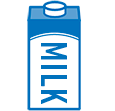
- Contribution
-
- Providing rare and important nutrients including 3 of the 5 essential nutrients (proteins, vitamins, and minerals)
- Providing high-quality proteins rich in essential amino acids







